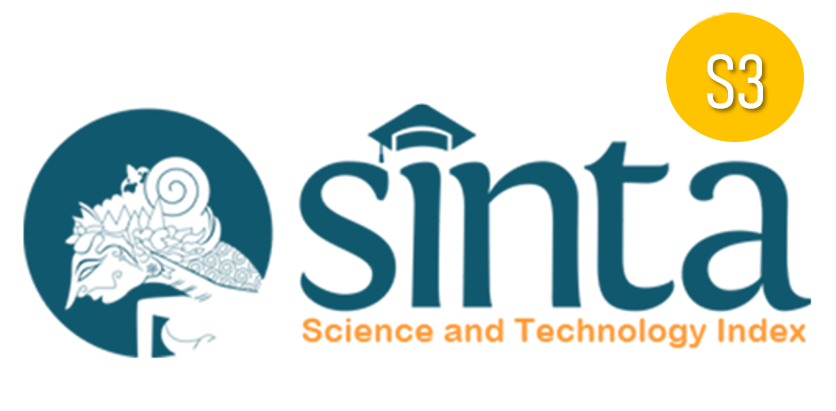Economies and Management as A Result of The Fourth Industrial Revolution: An Education Perspective
Abstract
Keywords
Full Text:
PDFReferences
David, H. J. J. O. E. P. (2015). Why are there still so many jobs? The history and future of workplace automation. Journal of Economic Perspectives, 29(3), 3-30.
Drucker, P. F. (1966). The first technological revolution and its lessons. Technology and Culture, 7(2), 143-151.
Frey, C. B., and Osborne, M. A. (2017). The future of employment: How susceptible are jobs to computerisation? Technological Forecasting and Social Change, 114, 254-280.
Harvey, J., Lefebvre, L. A., and Lefebvre, E. (1997). Flexibility and technology in services: a conceptual model. International Journal of Operations and Production Management, 17 (1), 29-45.
Pearl, J. (2009). Causal inference in statistics: An overview. Statistics Surveys, 3, 96-146.
Preuveneers, D., and Ilie-Zudor, E. (2017). The intelligent industry of the future: A survey on emerging trends, research challenges and opportunities in Industry 4.0. Journal of Ambient Intelligence and Smart Environments, 9(3), 287-298.
Ross, P., and Maynard, K. (2021). Towards a 4th industrial revolution. Intelligent Buildings International, 13(3), 159-161.
Wade, J. (2014). Reinventing Organizations: A guide to creating organizations inspired by the next stage of human consciousness. Journal of Transpersonal Psychology, 46(2), 255.
Xu, M., David, J. M., and Kim, S. H. (2018). The fourth industrial revolution: Opportunities and challenges. International Journal of Financial Research, 9(2), 90-95
Zwolinski, M. (2012). Classical liberalism and the basic income. Basic Income Studies, 6(2), 1-14.
DOI: https://doi.org/10.17509/ijert.v3i1.45652
Refbacks
- There are currently no refbacks.
Copyright (c) 2022 Universitas Pendidikan Indonesia

This work is licensed under a Creative Commons Attribution-ShareAlike 4.0 International License.







.png)




